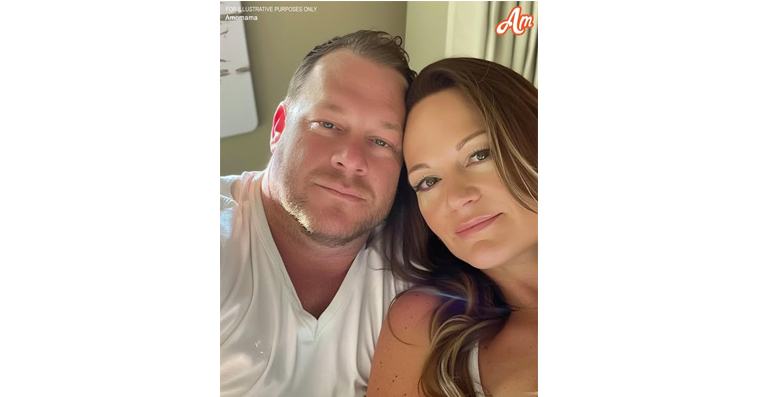My Mom Excluded My Wife and Stepdaughter from Family Dinner, So I Taught Her a Real Lesson on What Being a Family Means
I met Linda a year ago, and her little daughter May became a light in my life. May is a bright, sweet child, and I treat her as if she were my own. Her dad’s not in the picture, and I wanted to give her the love and stability she deserved.
But my mom? She never saw Linda or May that way. From the moment I introduced them, she was cold and dismissive. She refused to come to family dinners at our home, didn’t take a single photo with us at our wedding, and made it painfully clear she didn’t approve of my new family.
Linda tried her best to stay positive, but after our wedding, she cried for hours over my mom’s rejection. I promised her I would protect her and May from such toxicity.
Then came the breaking point a few weeks ago. My mom called me, claiming she was having a heart attack and needed me to come to her house immediately. Panicked, I dropped everything and rushed over, only to walk into her living room and find her sitting comfortably on the couch.
The room was filled with my brothers, their wives, and their kids—my mom’s biological grandchildren. My mom smirked as I stood there, stunned.
“Finally, our family is together WITHOUT THAT BURDEN you always drag with you,” she said, her tone smug. “We’re having a family dinner. I lied about the heart attack because it was the only way to get you here alone. Join us, sweetheart.”
Her words hit me like a slap in the face. I was furious, but I knew losing my temper wouldn’t accomplish anything. Instead, I decided to play along.
I forced a smile and said, “Sure, Mom. Let me just grab something from my car first.”
I walked out of the house, got into my car, and called Linda. I told her to get May dressed in her favorite outfit and be ready for a surprise.
When I returned to my mom’s house with Linda and May, the room fell silent. My mom’s smug expression melted into one of confusion and then anger.
“What are THEY doing here?” she demanded.
I calmly stepped forward and said, “Oh, I just wanted to make sure my *entire* family was here. After all, what’s a family dinner without my wife and daughter?”
Ignoring my mom’s glare, I pulled out a chair for Linda and helped May into a seat. My brothers’ kids immediately started chatting and playing with May, who lit up with joy.
Meanwhile, my mom fumed silently, her face growing redder by the second.
As we ate, I made sure to include Linda and May in every conversation, praising Linda for her cooking skills and May for her recent school achievements. The rest of the family seemed happy enough, though my mom was clearly seething.
Finally, when dinner was over, I stood up and addressed everyone.
“I’m so glad we could all be here tonight,” I said. “But I need to make something clear. Linda and May are my family now, and if they’re not welcome, then neither am I. That goes for every future gathering, Mom. Either you accept all of us, or you lose me completely.”
The room fell silent again. My mom opened her mouth to argue, but I cut her off. “You’re always talking about family, but family isn’t about blood—it’s about love and respect. Linda and May are my world, and if you can’t respect them, then I can’t respect you.”
I didn’t wait for a response. I took Linda’s hand, picked May up, and walked out the door.
In the weeks that followed, my mom didn’t reach out, but my brothers did. They told me they admired how I stood up for my family and admitted they’d been uncomfortable with how our mom treated Linda and May. Slowly, they started inviting us to smaller gatherings, excluding my mom, who refused to budge.
I realized that sometimes, standing up for what’s right means walking away from toxic people—even if they’re family. Linda and May deserved love and acceptance, and I wasn’t going to let anyone take that away from them.
Karma may take its time, but it’s always worth the wait. My mom now has to live with the knowledge that her actions pushed her son away, and there’s no one to blame but herself.

